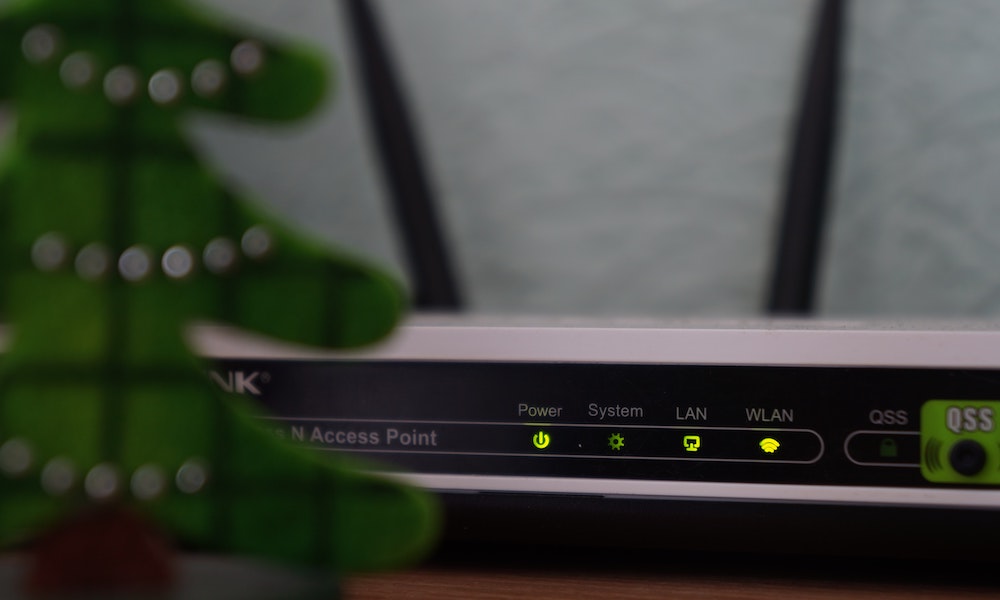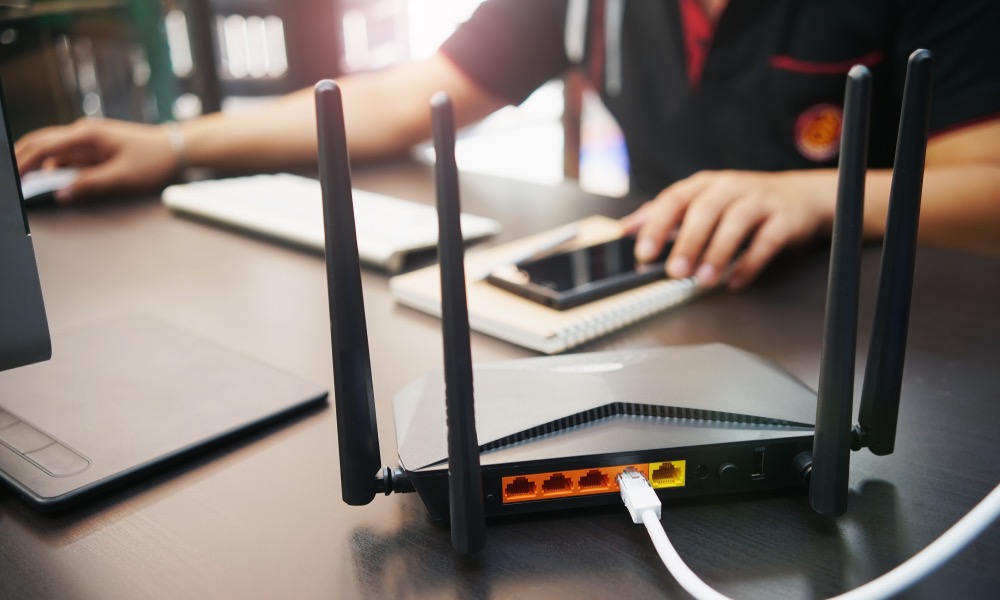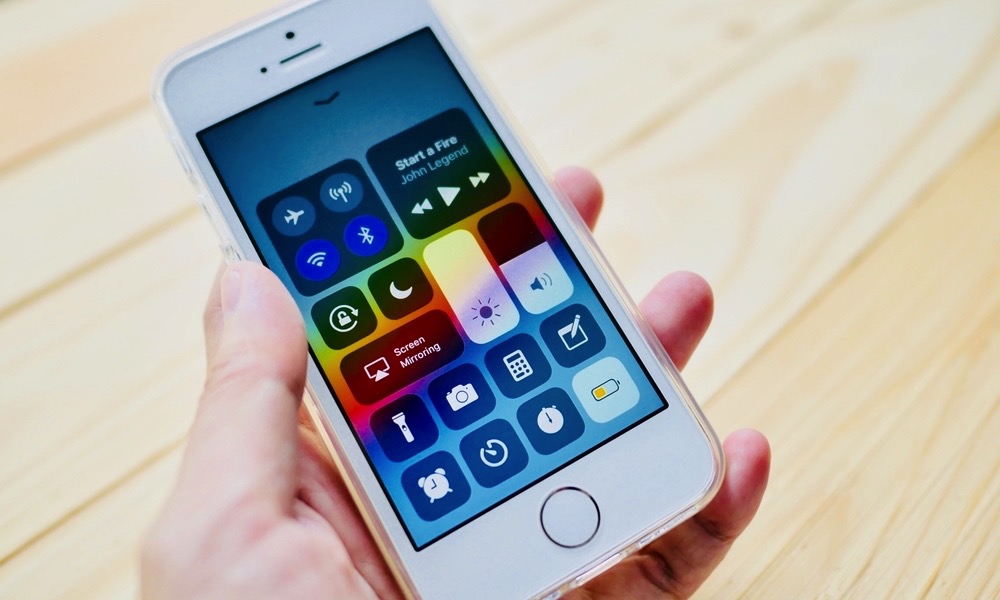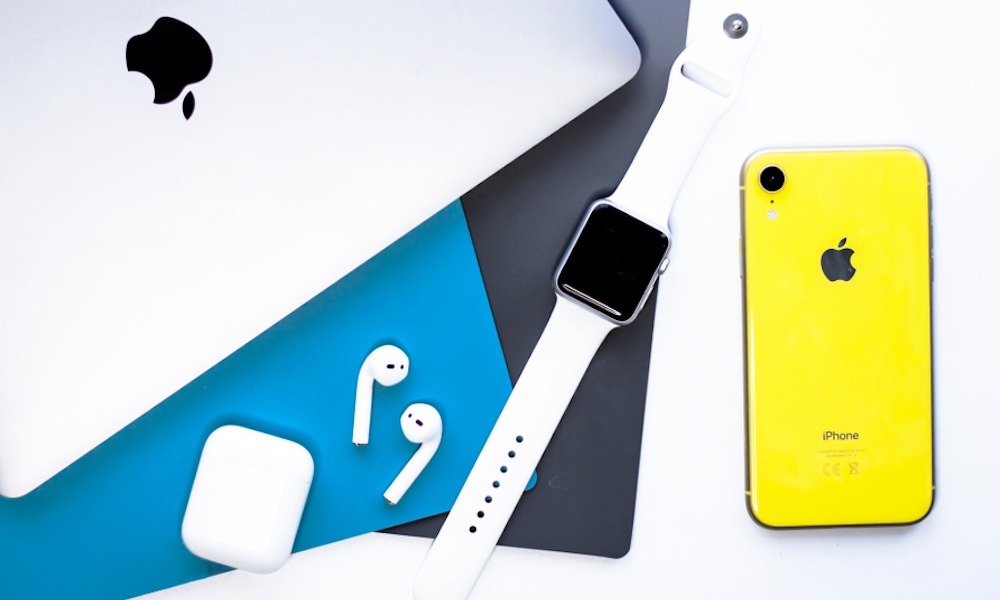7 Things That Slow Down Your Internet (And How to Fix Them)
 Credit: Tero Vesalainen / Shutterstock
Credit: Tero Vesalainen / Shutterstock
They say that having slow internet is worse than having no internet at all, and it's possible they're right. But it's even worse when the slow internet's coming from your own home. It sucks that sometimes for no reason at all, your internet connection starts to slow down, and it becomes weaker over time. Fear not, there's some good news in all this. Believe it or not, you can fix a slow internet connection yourself most of the time. Continue reading to learn seven reasons why your internet's running slow and how to fix it for yourself.
Someone's Stealing Your Wi-Fi
This is more common than you think. Sometimes, you're not even the one taking all your bandwidth. Sometimes it's an internet thief. Fortunately, there's a quick way to fix it. First, you can try changing your Wi-Fi password. This is the easiest way to get rid of any unwanted devices connected to your network.
Of course, this goes hand in hand with having a strong Wi-Fi password. Try using numbers, letters, and other symbols, so you make sure no one can reaccess your network. Or at least it's not as easy.
Some routers or Wi-Fi extenders also come with a mobile app that'll show you every device connected to your network; you can quickly find which devices are yours and block any other device you don't recognize. These apps often also let you know when a new device gets connected, so you can make sure if it's yours or not right away.
Cheap Internet Packages
Sounds obvious, right? But your internet connection package might be slower than you initially thought. If that's the case, the best way to solve this is to upgrade your internet plan. You'll need to talk to your internet service provider and ask for a faster plan (ask for fiber or 100Mbps+) that will give you an ultra-fast connection.
If you don't want to spend more money monthly, you can try connecting your device directly to your router. Sure, your max internet speed will still be the same, but at least you'll have a stronger, more stable connection almost immediately.
Your Router's Too Old
It doesn't matter how much you pay to have great internet; it won't work if your router's not up to par. Sometimes, having an outdated router is the only reason why you have slow internet. If this is your problem, there's a quick and easy fix, albeit it's going to cost you.
You'll need to upgrade your router to a more recent model that supports your internet speed. It's recommended that you look for a router that supports Wi-Fi 6E. Sure, it might be more expensive, but it'll make your router future-proof (and you might get an even faster internet connection).
You're Too Far From Your Router
This sounds a little too obvious, but it's possible that you're connection isn't slow, and you're just too far from your router. Yes, it sucks, but there're are a couple of ways you can fix this issue.
Again, it might sound too obvious, but a quick solution is just to move your router or yourself closer together. If possible, try to be as close as possible to your router so you have the best connection possible.
The other option is to buy some Wi-Fi extenders. They're usually not that expensive—or at least cheaper than a router—and you'll only need one or two to strengthen your Wi-Fi connection throughout your whole home.
It's Your Device's Fault
You can't always blame slow internet on your router. Sometimes, your device, whether it's a computer or a smartphone, is a little too old to support the latest Wi-Fi technologies.
Unfortunately, the best way to solve this is to buy a new device. You'll need to upgrade your smartphone or computer to get a faster internet connection. If you have a PC, you can also try only upgrading its internals since it's easier on Windows computers.
If you have an older device, the processor and RAM aren't enough to support higher internet speed, so upgrading its internals might fix the try. Don't worry; it's not as hard as it sounds. Plus, you can always ask for help.
If all but one of your devices seem to have a fast internet connection, it might be that device's fault. As we mentioned before, it might be because your device is too old or outdated to use newer, faster internet connections. However, it's also possible that your device is having software problems too.
You can try disconnecting and connecting your device again and see if that does the trick. You can also try making your device forget your network and get connected again. If not, you can try turning your device or your router on and off again.
Last but not least, you might want to try resetting your device and start from scratch. If there was a problem on your device that didn't let you connect to your Wi-Fi properly, it should be fixed. Just make sure to create a backup beforehand.
If everything else fails, talk to a specialist. Contact tech support and see how they can help you solve your problem.
It's a Software Problem
We're not just talking about your operating system, but sometimes you might have slow internet on one device, not because it's old, but because it's infected. If your device has malicious software, it's possible that it's causing it to have a slower internet connection, among other problems.
The first thing you need to try is to update your device. You might not be the only one having that issue, and the company behind your device might have already found a solution. The only way you'll keep your device secure is if you install the software update.
Depending on how infected your device might be, you can just run an antivirus. There are a ton of fantastic antivirus programs you can try, and some of them are free to start using.
You can also reset all the content and settings of your device. This will get rid of all the malicious software it might have, but it'll also delete everything your device has on it. So make sure you create a backup of your device before you try this.
If you're not that much of a tech person, you can always ask an expert for help. You can go to your device's retail store and ask for tech support to help you get rid of any malware you may have.
You Have Too Many Devices Connected
Nowadays, everything at home uses your Wi-Fi, which is perfect for building your own smart home. With that said, that might make your internet connection run slower than normal.
There are many things you can do to fix this issue. First, you can try changing your Wi-Fi password. That way, all devices that are connected to your router will be disconnected automatically. Plus, if someone else is using your Wi-Fi—say, a nosy neighbor—they'll be disconnected too.
You can also create a "Quality of Service" setting on your router. This will prioritize apps and devices over other devices that don't need as much bandwidth.
If you have a fairly new router, you can try to use different frequency bands. You can switch between the older 2.4 GHz and even the newer 5GHz frequency, which is what most routers support. That way, your devices will have "more room" to stay connected without slowing your connection.








